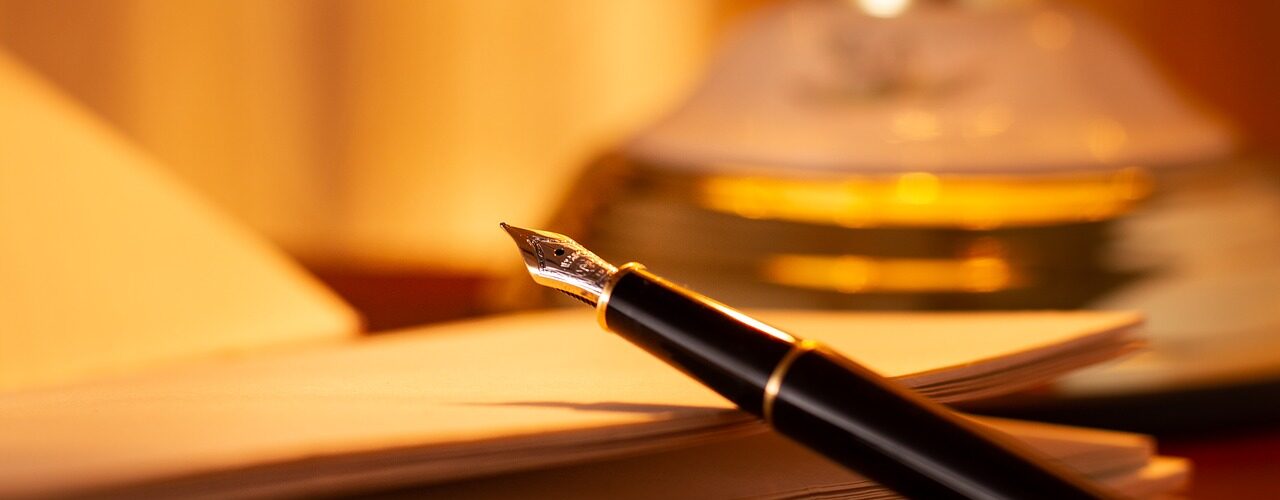Paper Thin Nerves | Harav Y. Reuven Rubin Shlita
Paper Thin Nerves
Harav Y. Reuven Rubin Shlita
My phone doesn’t stop ringing, (or bleeping, as the ring tone is now of one’s own choice). I sense that many of us, if not all, are living with paper thin nerves. Months of COVID have worn us all down, and even if one puts on a positive face, inside their emotional landscape is filled with craters caused by the threat of the unknown. Arguments break out between family members who have been forced to live cheek by jowl for too long. The winter sky is its usual grey, and we tire easy yet find sleep often alluding us.
This generation has often been derided as being spoilt, precious, and overindulged. Yes, things in this Golus have been pretty good all things considered, and living in a democracy has suited us right down to the ground. Then Hashem sent the pandemic, and now we are truly being tested. However, this is why we each were born to this time and place. It is our individual nisoyon to weather these storms davka in the midst of all the material good we have all been brought up to expect. The phone speaker throbs with anguish, sweet Yidden seek understanding and direction, and perhaps mostly, a bond without being judged. Is there an elixir that can see us through all these difficult times?
One of my grandson’s recently sent me a letter wherein he shared one of those nuggets of truth that only our Tzaddikim can convey. As is well known the Gerrer Rebbe Shlita is very strict about adherence to rules preventing the spread of COVID. There are no Tishen (Chasidic gatherings around the Rebbe’s table) as we know them, and the Rebbe doesn’t attend the huge Gerrer Bais Medrash for davening. So that the younger Chasidim should have some time with their Rebbe, bochurim go into the Rebbe every Motzei Shabbos. Last week a bochur went in and asked the Rebbe: ‘It is known that in Poland the Chasidim used to argue with each other a lot, what was that all about, what was pshat? The Rebbe answered, “In Poland people were very poor and also had problems with the rampant inroads of the haskala (this was before the Churban), so they would come to the shtieble at night and let out there pain and anguish on one another…. (Then the Rebbe sighed) …But they paid a high price for it” The Rebbe then went over his words emphatically, “They paid a high price for it.”
Those holy Jews had difficult lives, and their upset could be understood. Life wasn’t easy in the ‘good old days’, not in prewar Poland. Yet, blowing off steam was not the answer, nor has it ever been. I heard from a Gutta Yid the following:
Two friends were captured by the Nazis and sent to a labour camp. As they stood together in a ditch they were digging, one turned to the other and said, “The Nazis have taken everything from us. We have no tefillin here, no prayer books, no kosher food, we can’t even keep Shabbos. The only thing they cannot take from us is our love for one another. Let us grasp on to this last mitzvah of ‘Love your neighbour’, and do everything we can to help one another.”
Both of these holy Yidden survived the Churban and went on to rebuild their lives in Eretz Yisroel.
We aren’t standing in any ditches, and we have food and siddurim galore, yet, well we are on edge, and perhaps letting ourselves forget about what it means to be an Ohev Yisroel.
Parshas Vayigash sees the final denouement of the epoch between Yoseph Hatzadik and his brothers.
“I am Yoseph your brother….” After all that had gone on, being sold by them into slavery, the challenges, being distanced from his father, the attainment to leadership without his family, all this and so much more. Yet, after all, “I am Yoseph your brother…” These were the Shivtai Koh, the Twelve Tribes that were the holy seeds of everything we strive to be. Brotherly bonds are the glue that holds all that is holy in Klall Yisroel. Time and again we find that this ingredient has made our travel through golus bearable.
The Chiddushei HaRim once heard someone call another Yied a disparaging nickname, and chastised him for it. “But everyone calls him that,” the miscreant protested. “Don’t worry,” said the Tzadik, “Gehinom is big enough for you all.”
COVID is our nisoyon, and we will come through this. The question we must all ask ourselves is, will we be any the better. Will we leave behind our petty disagreements, our race to wallow in Glatt material temptations, or will we nebech ensconce ourselves with the ‘old’ normal?
These questions will have to be answered, each to our own personal selves, and the price we pay as a nation will be so measured.
After all this pain and shredded nerves, we should aspire to a new level of ahavas Yisroel, and this will bring our tikun, may it be soon, Amein.


